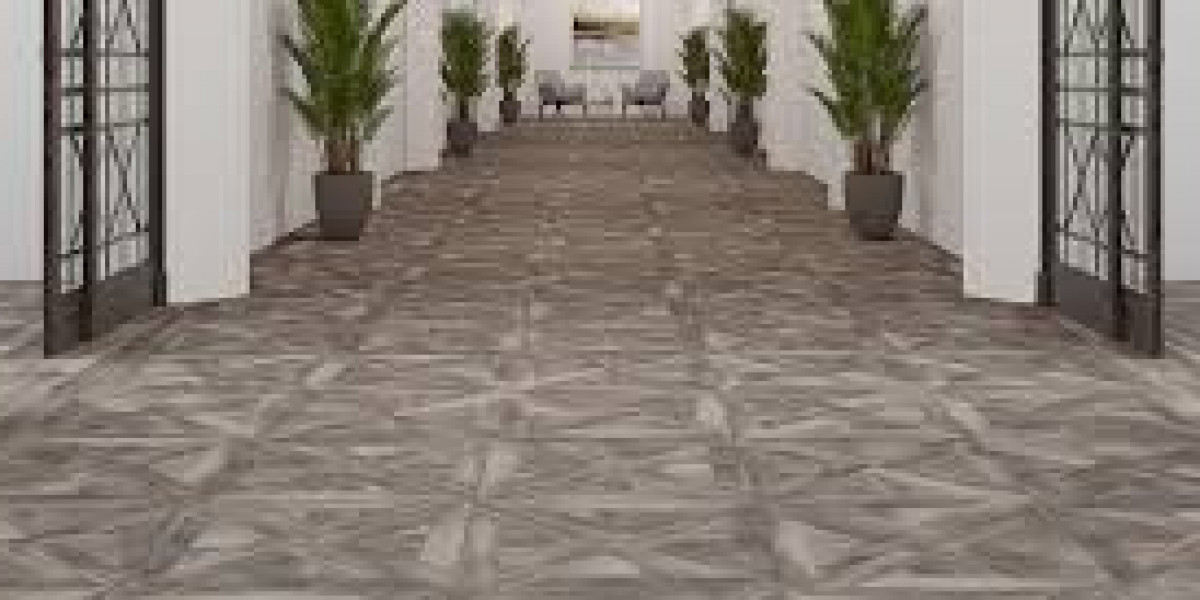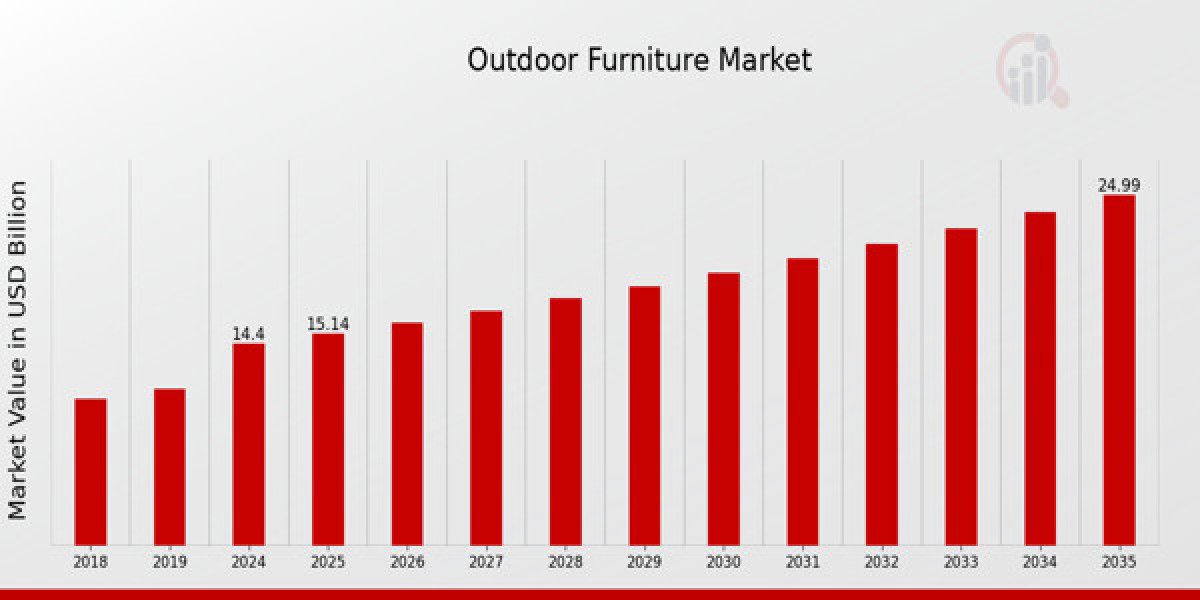The hospitality flooring market is experiencing remarkable growth as hotels, resorts, and event venues increasingly prioritize flooring that combines acoustic comfort, visual appeal, and low maintenance. In 2025, flooring decisions are no longer just about aesthetics—they are central to guest experience, operational efficiency, and long-term cost savings. Properties are adopting innovative materials and designs that elevate interior style while reducing noise, wear, and upkeep requirements.
This surge reflects the evolving expectations of guests and operators alike. Modern travelers value tranquility, safety, and sophistication, while hotel managers seek materials that withstand heavy traffic, resist stains, and simplify cleaning. The convergence of these priorities is shaping the future of hospitality flooring.
Acoustic Comfort: A Key Driver of Guest Satisfaction
Noise reduction has emerged as a critical factor in luxury and mid-scale hospitality spaces. High foot traffic in corridors, event halls, and dining areas often creates unwanted noise that can disrupt guest comfort. Consequently, acoustic performance is a priority in new builds and renovations.
Flooring solutions with sound-absorbing qualities, including padded carpets, cork, and layered resilient vinyl, help dampen footsteps and reduce echoes. Hybrid flooring systems that combine multiple layers of cushioning and insulation are also becoming popular for both aesthetic and acoustic benefits. Guests experience calmer, quieter environments, while staff benefit from reduced ambient noise in high-traffic areas.
Style and Design Innovation Fuel Market Growth
Aesthetics remain a major influence on flooring selection. Hotels and resorts are investing in designs that complement brand identity, interior décor, and regional inspiration. From patterned carpets and geometric vinyl tiles to wood-look laminates and terrazzo-inspired surfaces, flooring now serves as a canvas for creativity.
Digital printing and modular systems allow designers to create custom patterns, colors, and textures, delivering personalized looks without compromising durability. Even high-traffic public spaces can now feature bold visuals, blending style with performance. This combination of functionality and design is driving demand for innovative, flexible flooring solutions across the hospitality sector.
Low Maintenance and Operational Efficiency
For hotel operators, flooring that requires minimal maintenance is an essential consideration. Materials that are easy to clean, resistant to stains and moisture, and durable enough to withstand daily wear-and-tear reduce labor costs and disruption to guests.
Luxury vinyl tiles (LVT), engineered wood, resilient laminates, and modular carpet tiles are among the favored choices. These options allow for quick installation and replacement of individual sections without extensive downtime. Low-maintenance flooring also supports long-term sustainability goals, as durable surfaces reduce the need for frequent replacement and associated waste.
Safety and Comfort in High-Traffic Areas
In addition to noise control and style, safety is a growing priority. Slip-resistant surfaces and textured finishes are being integrated into high-traffic zones such as lobbies, spa areas, and pool decks. These materials reduce the risk of accidents while maintaining a high-end appearance. Furthermore, cushioned or soft flooring options enhance underfoot comfort, particularly in guest rooms and wellness areas.
The combination of acoustic comfort, style, and low-maintenance properties ensures that flooring not only performs well but also contributes positively to guest experience and operational efficiency.
Sustainability and Eco-Friendly Flooring Options
Sustainability is increasingly influencing flooring decisions. Hotels are adopting materials that are recycled, renewable, and low in VOC emissions, supporting healthier indoor air quality and environmental responsibility. Bamboo, cork, FSC-certified wood, and recycled composites are gaining popularity in both boutique and luxury properties.
Eco-friendly materials are also easier to maintain and long-lasting, aligning with the industry’s goals to reduce lifecycle costs and waste. Modular flooring systems that allow selective replacement further contribute to sustainable operations, a factor that is becoming critical in brand positioning and guest perception.
Market Outlook and Future Trends
The hospitality flooring market is expected to continue its strong growth trajectory through 2025 and beyond. Key drivers include:
Increasing investment in new hotel constructions and renovations
Rising demand for high-quality acoustic solutions in urban and resort properties
Growing preference for stylish yet low-maintenance materials
Sustainability initiatives influencing material selection and installation practices
As properties aim to deliver enhanced guest comfort and operational efficiency, flooring solutions that integrate acoustic performance, visual appeal, and easy maintenance will dominate the market.
Conclusion
In 2025, the hospitality flooring market is surging as operators embrace materials that combine acoustic comfort, design innovation, and low-maintenance performance. Flooring has evolved from a background feature to a strategic asset that enhances guest satisfaction, reduces operational costs, and reflects brand identity. Hotels, resorts, and event venues that invest in high-quality, durable, and stylish flooring solutions are positioning themselves for long-term success in a competitive industry.








